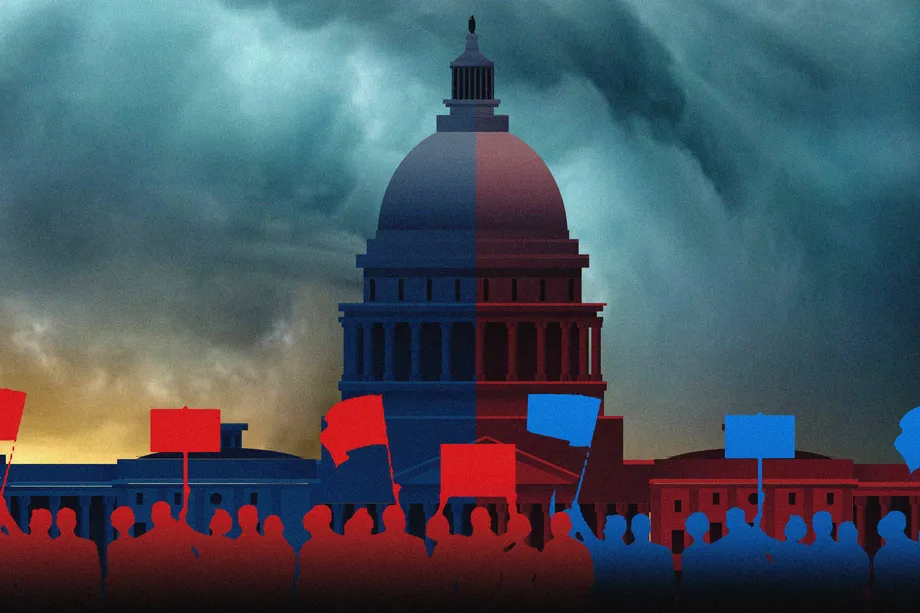Is gridlock good for markets?
The midterm elections have seemingly given us gridlock. The GOP seems likely to control the house. The Senate is close. However, the democrats could retain control. This guarantees little legislative progress. This is likely to be good for stocks.
Considerations when assessing gridlock
When considering the market implications, there can be complications. And, we must consider what ‘new news’ the result revealed.
- The market largely anticipated the GOP taking the case, and potentially taking the senate. Thus, some of the result was priced in.
- Myriad other events can influence the market. These include anticipation over inflation data.
- The GOP performed worse than anticipated. Thus, the market’s initial reaction could reflect the GOP’s underwhelming performance.
- There is uncertainty over the ultimate result. Thus, the initial market reaction could reflect that uncertainty.
Further, it is inaccurate to infer the impact gridlock this time from gridlock in prior situations. This is because we must compare the relative policies at each point in time. That is, the impact of gridlock will depend on whether it prevents policies that would have been good or bad for markets.
The advantages of gridlock here
The complications notwithstanding. Gridlock has advantages in this case. These are largely due to the democrats’ economic policies. In short: they involve taxation and expenditure.
This is clear from the failed Build Back Better legislation and the eventual “Inflation Reduction Act”. Both bills involve significant expenditure and tax hikes. For example, the inflation reduction act imposes a 1% tax on stock buybacks. This tax hike was not evidence based. Rather, it is based on false assumptions about buybacks. Indeed, buybacks are good for shareholders and for companies and for the economy. Buybacks enable companies to give money back to shareholders rather than spend it on projects of diminishing quality.
The democrats’ energy policies are self-defeating. For example, President Biden has consistently attacked oil companies. He has also threatened oil companies with ‘windfall taxes’. This is largely to try to encourage oil companies to produce more oil. However, President Biden had previously attacked oil companies and stated that there would be no new drilling under his administration. Thus, the energy policy is disingenuous.
Gridlock prevents the Democrats – and President Biden – increasing taxes whereas tax increases harm stocks. They prevent increased expenditure, which would exacerbate inflation. They limit self-defeating energy policies. Therefore, gridlock is ultimately beneficial in this case.
